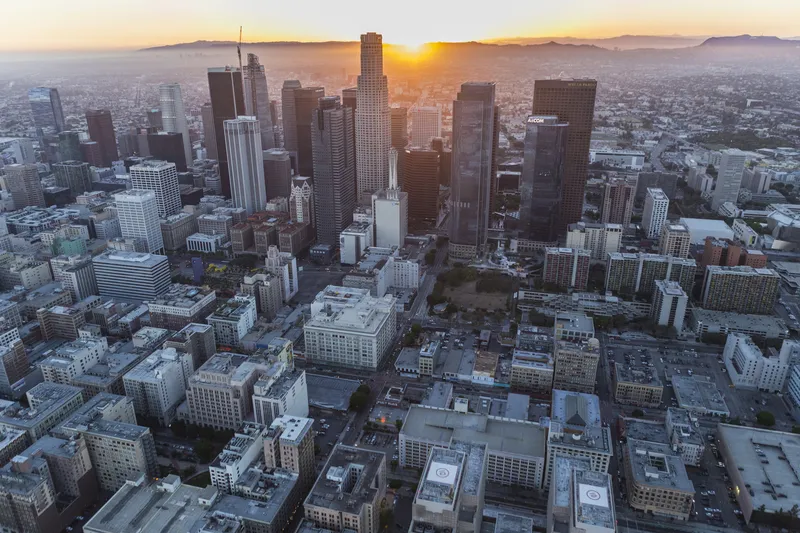
Mayor of Los Angeles Eric Garcetti has announced the creation of a Transportation Technology Innovation Zone, an area where companies can test their technology solutions.
The zone is located in West San Fernando Valley and is expected to convert the Warner Center into a mobility hub.
The Warner Center is a neighbourhood and business district development located in the Canoga Park and Woodland Hills neighbourhoods.
Garcetti says: “The first-ever Transportation Technology Innovation Zone will unite local businesses, workers, and inventors around how to revolutionise mobility in the West Valley, and it will serve as a model for what’s possible as more zones come online in areas across Los Angeles.”
The zone stems from a partnership between Garcetti and LA city council member Bob Blumenfield.
Blumenfield represents the 3rd Council District, which covers the northwest portion of LA in the San Fernando Valley.
Blumenfield says: "Since we rolled out the Warner Center 2035 Specific Plan, the City's boldest and greenest specific plan, the Warner Center has become the focus of intense residential and commercial development.”
Blumenfield hopes the transportation pilot programmes will “help lay the blueprints for this city's green, transit friendly future”.
The zone is one of the programmes carried out by Urban Movement Labs (UML), a transportation accelerator launched by Garcetti in November 2019.
UML met with community members and businesses at the Warner Center last winter to choose a pilot at the zone focused on a zero-emissions, last-mile delivery service that connects individuals homebound by the pandemic to food from local businesses.
A second pilot project featuring mini-mobility hubs throughout the Warmer Center Campus is expected to launch in Spring 2021.
The UML has become a standalone not for profit organisation on its one year anniversary. The Mayor’s Office, Los Angeles Department of Transportation, Port of LA and Los Angeles World Airports will continue to serve as its strategic advisors.
Private sector partners include MoceanLab, Tortoise, Automotus, Lyft and Waymo.









